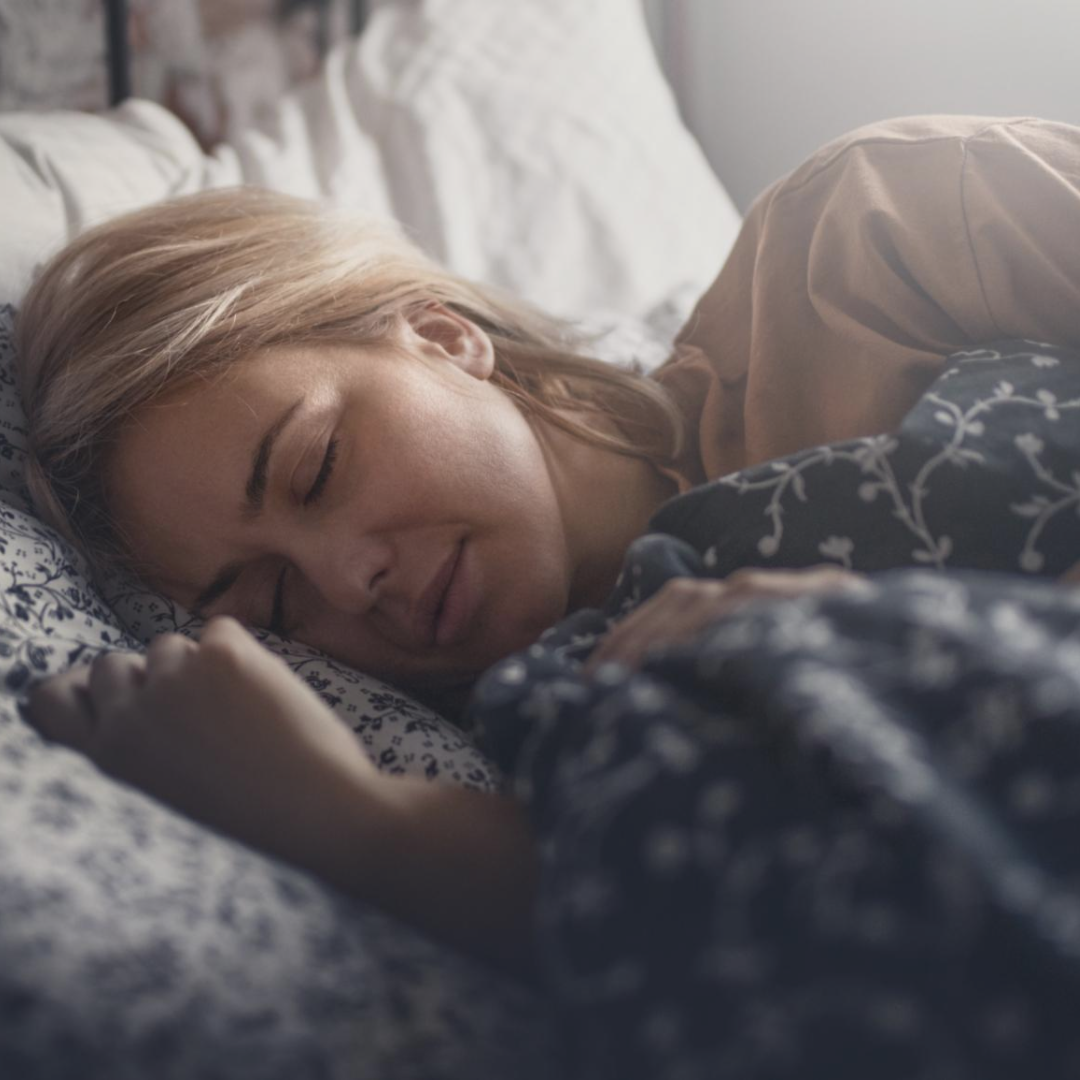Perimenopause is a natural phase in a woman’s life marked by hormonal shifts. However, while it signifies a remarkable transition towards wisdom and self-assuredness, it also brings its share of challenges. One of the most prevalent and frustrating among them is insomnia. In this blog post, we will explore the intricate relationship between perimenopause and insomnia, shedding light on why this phenomenon occurs and how it affects women’s sleep quality.
Understanding Perimenopause:
Perimenopause typically begins in a woman’s late 30s to early 50s, signaling the gradual cessation of reproductive function. During this period, the ovaries produce less estrogen and progesterone, leading to various physical and emotional changes. Please read Here and Here to understand more about perimenopause – you’re not alone, you’re not going crazy and things can get better!
But, off my soap box and back to sleep. 🙂
Hormonal Havoc: The Culprit Behind Insomnia:
Estrogen Fluctuations:
Estrogen plays a pivotal role in regulating various bodily functions, including sleep. As estrogen levels fluctuate erratically during perimenopause, it can disrupt the body’s natural sleep-wake cycle.
Progesterone Decline:
Progesterone, another crucial hormone, promotes relaxation and tranquility. Its decline can lead to increased anxiety and restlessness, making it harder to fall asleep.
Thermoregulatory Disruptions:
Hot flashes and night sweats, common during perimenopause, can be profoundly disruptive to sleep. These surges of heat can jolt women awake, making it challenging to maintain a consistent sleep pattern.
Altered Melatonin Production:
Melatonin, the hormone that regulates sleep-wake cycles, can be influenced by hormonal changes. Irregular melatonin levels may lead to difficulty falling asleep and staying asleep. Did you know that we make melatonin in our ovaries? Our follicles are little melatonin producing engines, and as we start to have altered ovulation cycles, it will impact our production of melatonin.
Psychological Impact:
The emotional and psychological adjustments that accompany perimenopause, such as increased stress, mood swings, and anxiety, can contribute to insomnia.
Okay, so what can we do?
Coping with Perimenopausal Insomnia:
While perimenopause-induced insomnia can be challenging, there are proactive steps women can take to mitigate its effects:
Establish a Consistent Sleep Routine:
Prioritize regular bedtimes and wake-up times to regulate your body’s internal clock. Melatonin is reduced right now, so create the environment that will help it do it’s best work.
Create a Sleep-Inducing Environment:
Ensure your bedroom is cool, quiet, and conducive to restful sleep. Invest in comfortable bedding and a supportive mattress.
Mindful Stress Management:
Engage in relaxation techniques like deep breathing, meditation, or yoga to calm your nervous system. When I am feeling wired, I like practice a technique called Yoga Nidra. There are many great videos on youtube or apps. It’s a completely still practice, so I lay in my bed, start my yoga nidra app – and then next minute it’s morning.
Limit Caffeine and Alcohol:
These substances can disrupt sleep patterns. Opt for herbal teas or water in the evening. Try Dandelion tea – it’s delicious and supportive for your liver. If you’re in Australia, keep your eye out for the Teecino range *chefs kiss*.
Caffeine can stay in your system for 12 hours or longer – I don’t have coffee after 11am. (and I love my coffee – that little black bean is my magical friend). Alchohol can cause intense sleep disruptions – even one glass of wine can cause you to have less of the deep sleep and stay in the light sleep. If you suffer from insomnia, it may be time to give the the vino a miss for a while.
Explore Natural Remedies:
Herbal supplements like valerian root or chamomile may help support better sleep during perimenopause. Use magnesium glycinate before bed to support healthy sleep. Investigate adaptogens if you’re looking for a natural way to smoothe your sleep cycle – you should be able to fall asleep with ease and wake up not feeling groggy.
Perimenopause and insomnia may go hand in hand, but understanding the underlying causes empowers women to take proactive steps towards better sleep. By prioritizing self-care and seeking support when needed, women can navigate this transitional phase with grace and resilience.
Here’s to restful nights and energized days ahead!

